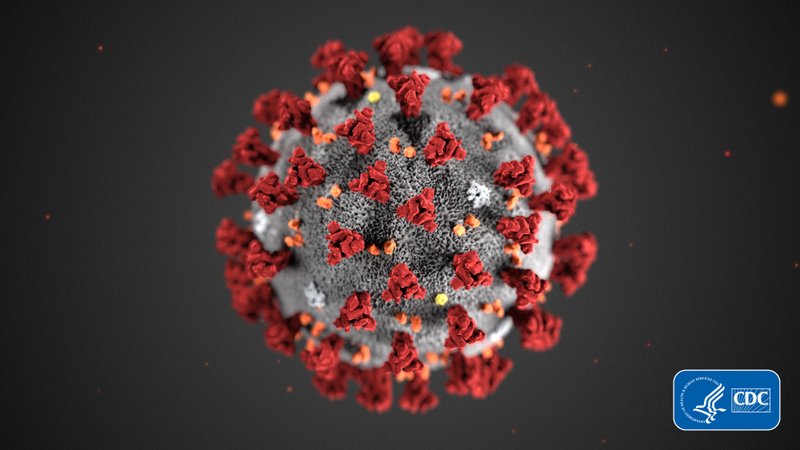Although COVID-19 is seemingly comparable to the familiar influenza virus because the two are both respiratory viruses that cause similar symptoms, Dr. Joel Tumlinson, physician consultant in Outbreak Response with the Arkansas Department of Health, said COVID-19 is the "greater threat" because it is "more deadly" than influenza.
"The comparisons (of the two viruses), I'm not sure how helpful they are. It's clear the virus that causes COVID-19 is more deadly than the flu, just based on the percentage of the people who get the infection die from the infection," Tumlinson said. "The estimates (of COVID-19's death-rate) range, but they're generally around the 2% mark at this time; we'll see where they're at, at the end of the pandemic, but flu is generally around 0.1% or less, so that would make this quite a bit more deadly than the flu."
He said people tend to think COVID-19 and influenza are comparable because they spread in similar ways: By respiratory droplets.
"They're both respiratory viruses, they both cause very similar symptoms, but I would say that (COVID-19) is more deadly and concerning than influenza," Tumlinson said. "We also have both treatment and vaccination for influenza that help lessen its strength, and then how bad it can affect people."
Another contributing factor to COVID-19 posing as the greater threat when comparing it to influenza, he said, is the fact that there is an effective vaccine and effective treatment for influenza, but not for the novel coronavirus.
"We have vaccination for influenza, that's why we all go get our flu vaccine every year, (but) we don't have that for COVID-19, and we'll see if we're able to make an effective vaccine in the future; hopefully that's the case," Tumlinson said. "We also have proven treatment that helps lessen the severity of the symptoms of influenza in a lot of people, such as Tamiflu, and we don't really have anything like that for COVID-19."
Tumlinson said the 2019-2020 flu season in Arkansas is "on the wane," but according to Institute for Health Metrics and Evaluation, Arkansas isn't expected to hit the peak of deaths per day due to COVID-19 until April 27.
According to the World Health Organization, the "basic measures" to protect against contracting COVID-19 are:
• Wash hands regularly and thoroughly with an alcohol-based hand rub or with soap and water.
• Maintain at least a 3-foot distance from anyone who is coughing or sneezing.
• Avoid touching your eyes, nose and mouth.
• Practice respiratory hygiene by making sure to cover the mouth and nose with a bent elbow or tissue when coughing or sneezing, then dispose of the used tissue immediately.
• Anyone who has fever, cough and difficulty breathing should seek medical care early. "Stay home if you feel unwell. If you have a fever, cough and difficulty breathing, seek medical attention and call in advance. Follow the directions of your local health authority."
Local on 04/08/2020
